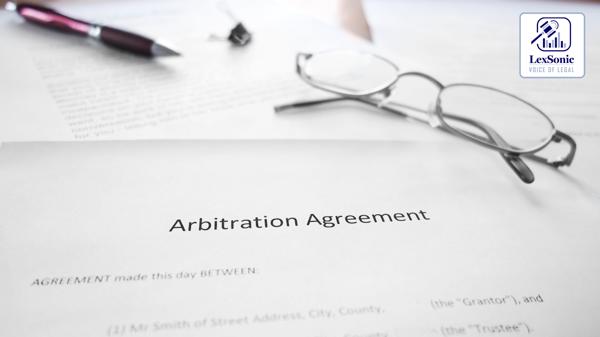Bombay High Court Orders Dissolution of Partnership After 'Cynical and Contemptuous' Conduct.
14 July 2025
Arbitration Law >> Business & Commercial Law
In a detailed oral judgment, the Bombay High Court has ordered the dissolution of a partnership firm, Saikrupa Medical and General Stores, citing a partner's continuous and contemptuous disregard for the rule of law despite multiple legal victories by the petitioners, Namrata Tapan Bose and Aniket Tapan Bose. The case, Comm. Arbitration Petition No. 246 of 2025, was decided on July 14, 2025, by Justice Somasekhar Sundaresan.
A Legacy of Frustration:
The dispute arose from a partnership deed dated June 14, 2023, for the dissolution of Saikrupa. The petitioners, known as the "Bose Siblings," had been engaged in a long-standing legal battle to secure their rightful 25% share in the partnership, which they inherited after their father, Tapan Bose, a 25% partner, died in 2002. The original partnership deed from 1998 explicitly stated that the firm would not dissolve upon a partner's death and that the legal heirs would automatically become partners.

However, the respondents, Sunita Vilas Gaonkar ("Gaonkar") and Nitin Bose ("Nitin"), violated this clause by executing a new deed in 2002 that made Nitin a 50% partner, effectively usurping the Bose Siblings' entitlement. The Bose Siblings fought for their rights through an arbitral award dated January 20, 2018, which declared the 2002 deed void ab-initio and confirmed their entitlement to a 12.5% share each. This award was challenged by Gaonkar but was consistently upheld by a Single Judge, a Division Bench, and finally by the Supreme Court on September 9, 2021.
Despite these clear legal victories, the Bose Siblings never received a "single farthing" from the partnership. Their rights were described as "virtually written on water," with Gaonkar and Nitin treating them as "persona non grata". The court noted that the respondents' conduct was a clear demonstration of their "abusive relationship" with the Bose Siblings.
Court’s Findings on Partner's Misconduct:
The judgment details numerous instances of non-compliance and manipulative behavior by Gaonkar and Nitin to frustrate the Bose Siblings' rights. The court found that Gaonkar had a proven track record of evading compliance, which included:
- Refraining from depicting the Bose Siblings as partners in financial statements and tax returns, even after the Supreme Court's ruling.
- Misappropriating firm funds by routing significant sales and expenditures through her personal bank accounts instead of the firm's profit and loss account.
- Paying her son, Rahul, a salary from the firm's books, despite his having no ownership interest, while the legitimate partners received nothing.
- Filing appeals and review petitions to delay the implementation of court orders without taking any meaningful steps to prosecute them.
- Frustrating a court receiver's attempts to take possession of the firm's premises on multiple occasions.
The court emphasized that the partnership was "at will" , and given the history of abuse, the Bose Siblings were entirely justified in seeking its dissolution. The judgment concluded that the conduct of the respondents was "so gross that it would call for a forensic audit into the conduct of the affairs of the firm".
Final Order and Directions:
Finding that no "via media" could be reached, the court granted the petition for dissolution and issued a series of firm directions:
- The Court Receiver was ordered to take physical possession of the firm, inventory its assets, and seal the premises.
- Police assistance was mandated to prevent any further frustration of the court order, with a warning of contempt action for non-compliance.
- The court also ordered a forensic audit of the firm's financials and directed Gaonkar to provide management representations made to the statutory auditor regarding the firm's ownership.
- The Bose Siblings were directed to initiate arbitration proceedings for the orderly dissolution of the firm at the earliest.
The court dismissed a request from Gaonkar's counsel to stay the judgment for two weeks, stating that the "articulation of what has transpired so far... speaks for itself".
Arbitration and Conciliation Act, 1996
